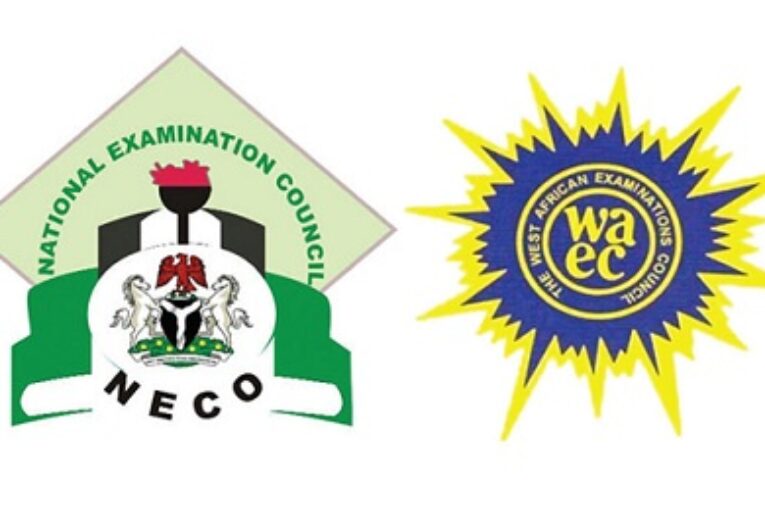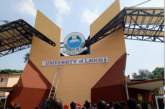
The Federal Government has set a three-year timeline to migrate all O’ Level examinations conducted by the National Examinations Council (NECO) and the West African Examinations Council (WAEC) to computer-based testing (CBT) mode.
Minister of Education, Dr. Tunji Alausa, gave this indication at a meeting with the officials of the Joint Admissions and Matriculation Board (JAMB), NECO, WAEC, and the Director of Senior Secondary Education in Abuja.
Director, Press and Public Relations, Federal Ministry of Education, Boriowo Folasade, conveyed this in a statement on Friday in Abuja.
The minister emphasised the government’s unwavering stance on zero tolerance for examination malpractices, asserting the need to protect the sanctity of all examinations.
Alausa, according to the statement, has constituted a committee to address key issues, including examination leakages, identity theft, fraud, and improving supervision, and the committee will be formally inaugurated in January 2025.
He stressed the government’s commitment to upholding the integrity of high-stakes and achievement examinations conducted by NECO and WAEC, as well as placement exams administered by JAMB.
“One of the key decisions at the meeting was the transition of all examinations (achievement and placement) into a CBT platform within the next three years, ensuring a more secure and efficient examination process.
“This is a significant step towards building a robust and credible examination system for Nigeria. We are moving swiftly to protect the future of our education system and ensure that our students’ achievements are recognised fairly and accurately,” the minister stated.
On her part, the Minister of State for Education, Dr Suwaiba Ahmad, expressed deep concern about the prevalence of such unethical practices in Nigeria’s educational system.
She described alarming practices such as students pooling funds to access leaked answers via WhatsApp and schools bribing officials to enable cheating.
Ahmad emphasised that these acts undermine the credibility of assessments and compromise the moral and academic development of students.
She reaffirmed the Ministry’s commitment to enforcing strict measures to combat malpractice, ensure accountability, and uphold the integrity of the nation’s examination system.
She called on all stakeholders to work together in restoring fairness and transparency.
“With these measures in place, Nigeria is poised to strengthen the credibility of its educational system and set a new standard for examination security,” the statement noted.




